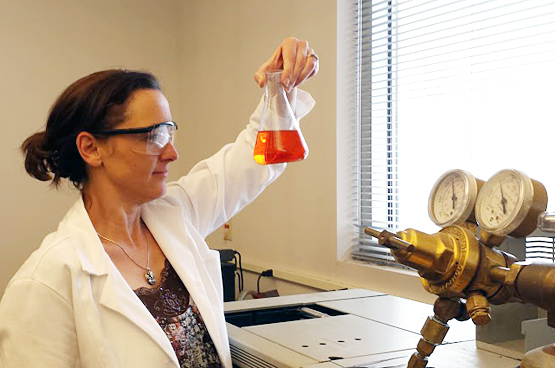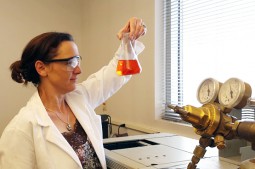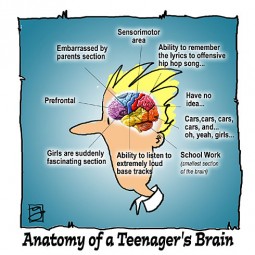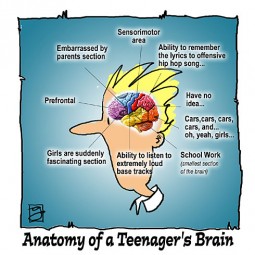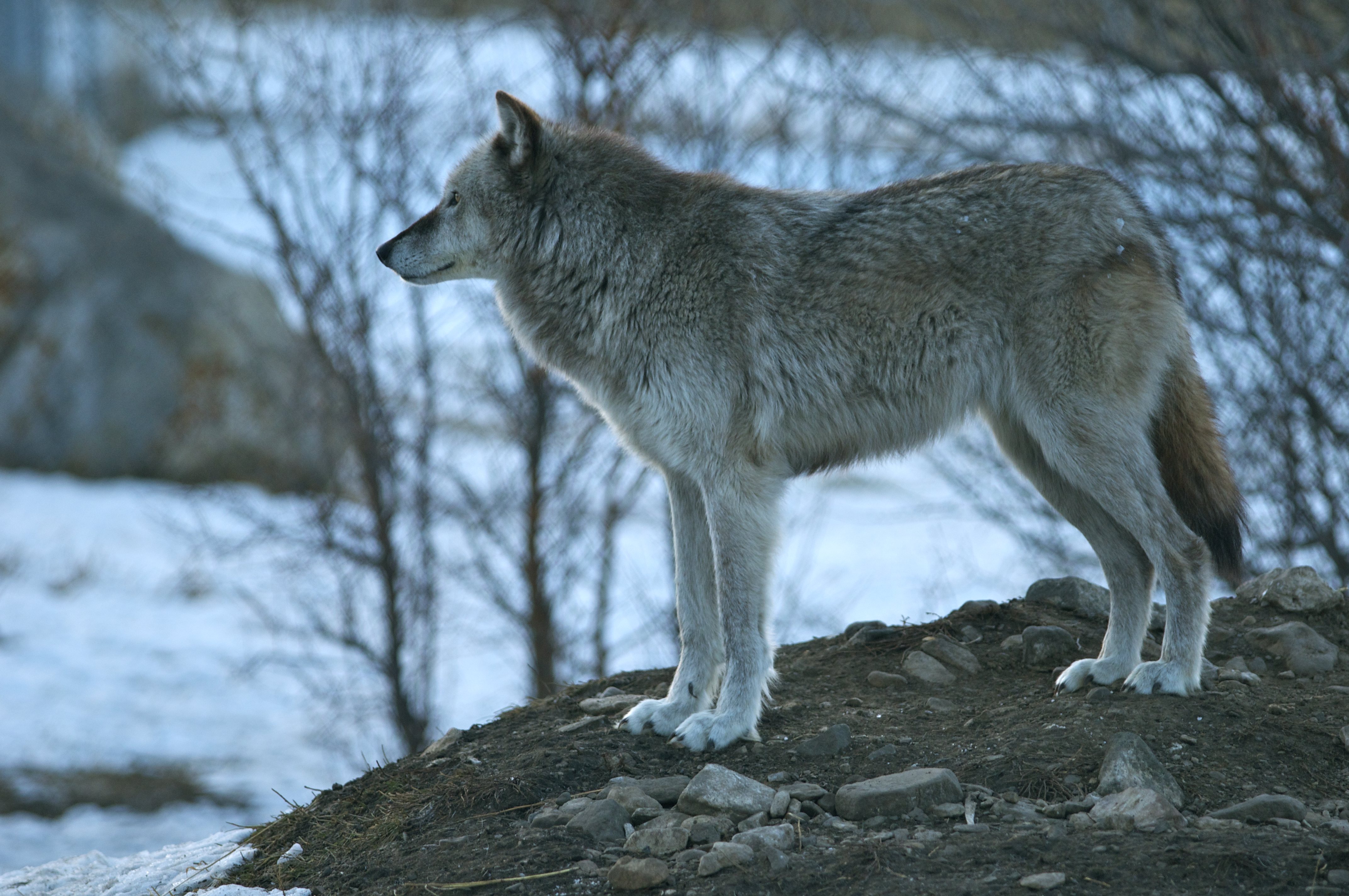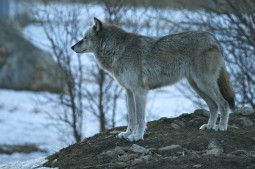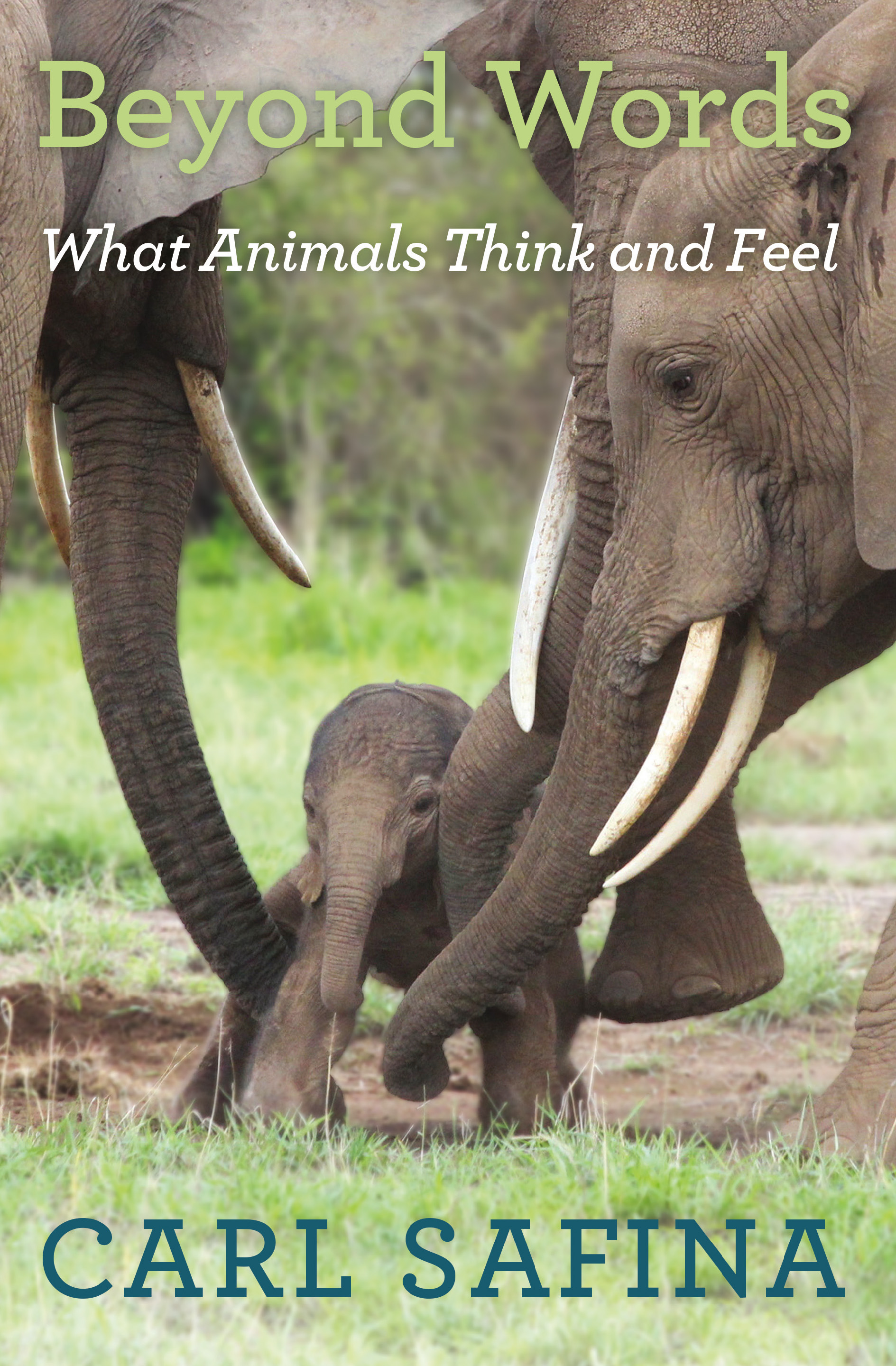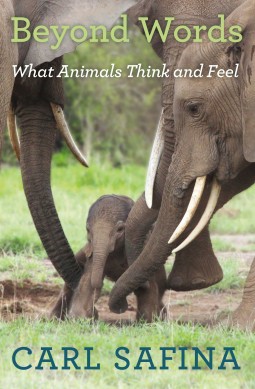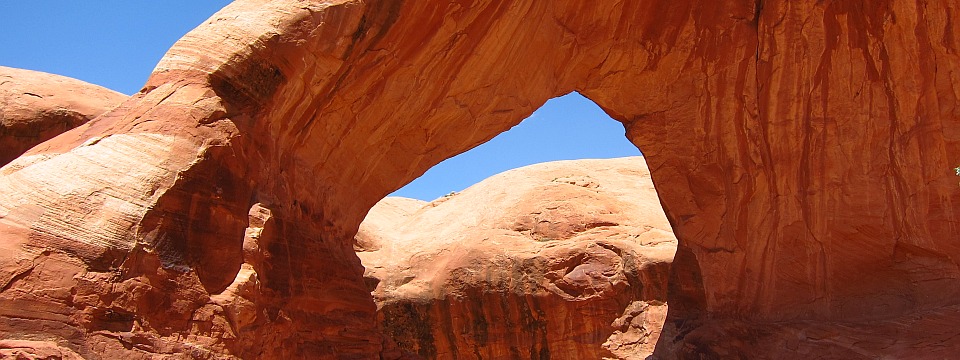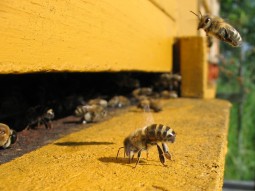Today, Dec. 8, we offer the following feature:
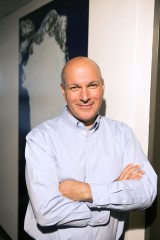
Changing Climate, Changing Policy (start time: 7:06): As political leaders are still hammering out an accord at the UN Climate Summit, or COP21, in Paris, to rein in global warming, today we discuss the underlying scientific facts about climate change, and the policy promises and challenges for our future. Hosts Susan Moran and Daniel Glick interview two Colorado scientists at the intersection of science and policy. Dr. Waleed Abdalati is a geoscientist and director of the Cooperative Institute for Research in Environmental Sciences (CIRES), a partnership between the University of Colorado-Boulder and the National Oceanic and Atmospheric Administration.
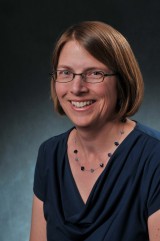
Dr. Lisa Dilling is an associate professor of environmental studies, also at CIRES, who brings expertise in science policy related to climate issues. She directs The Western Water Assessment, a NOAA program that provides information for policy makers throughout the Intermountain West about the region’s vulnerabilities to climate change impacts. Contributing host Daniel Glick was an editor of the 2014 National Climate Assessment, and his team has produced videos on the immediate and human impacts of climate change.
Hosts: Daniel Glick, Susan Moran
Producer: Susan Moran
Engineer: Maeve Conran
Executive Producer: Beth Bennett
Additional contributions: Joel Parker, Shelley Schlender
Listen to the show:
Podcast: Play in new window | Download (Duration: 25:26 — 23.3MB)
Subscribe: RSS

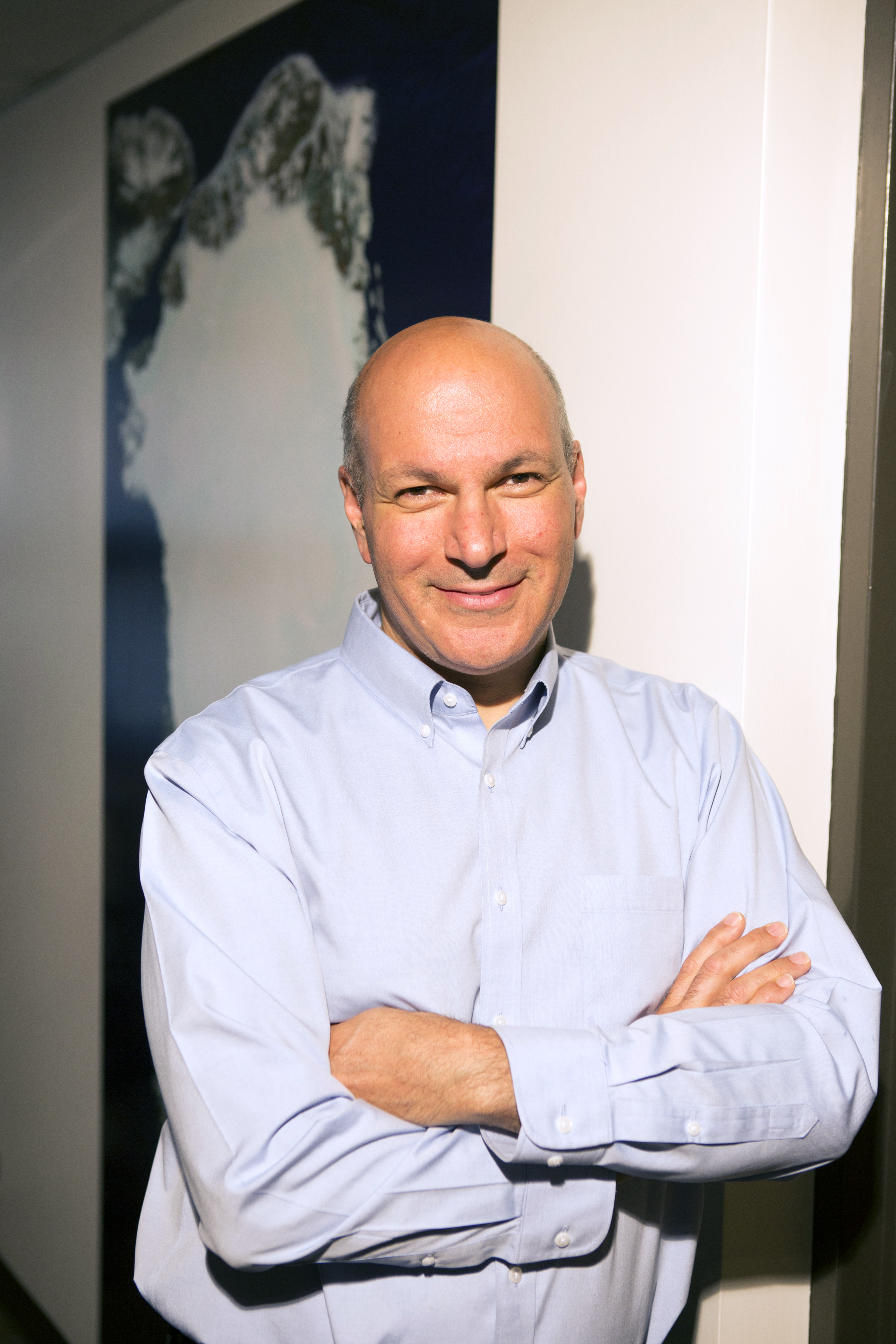


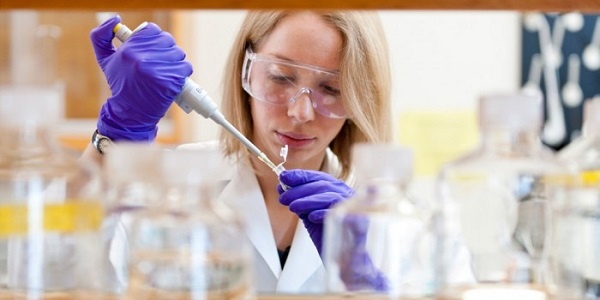

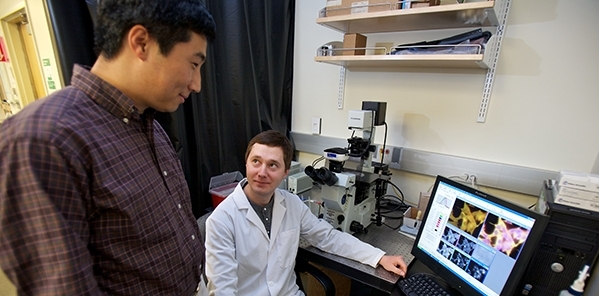


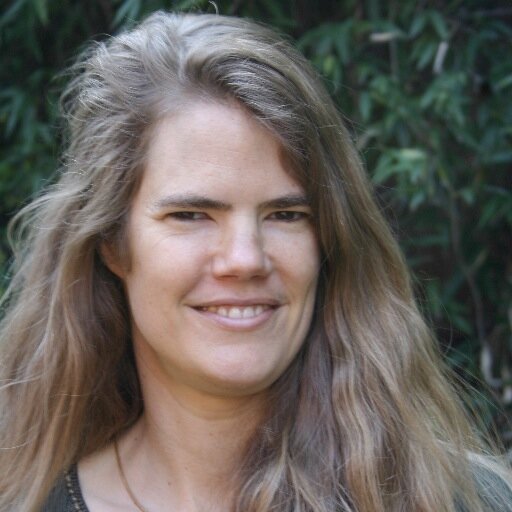
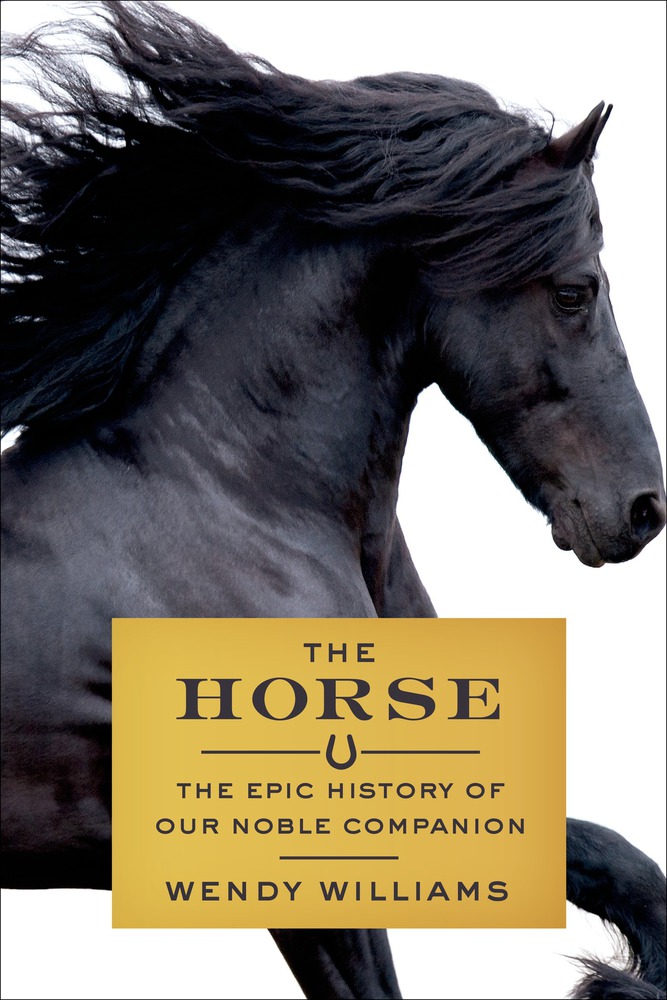
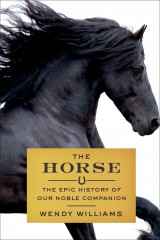 In today’s show we offer the following feature:
In today’s show we offer the following feature: